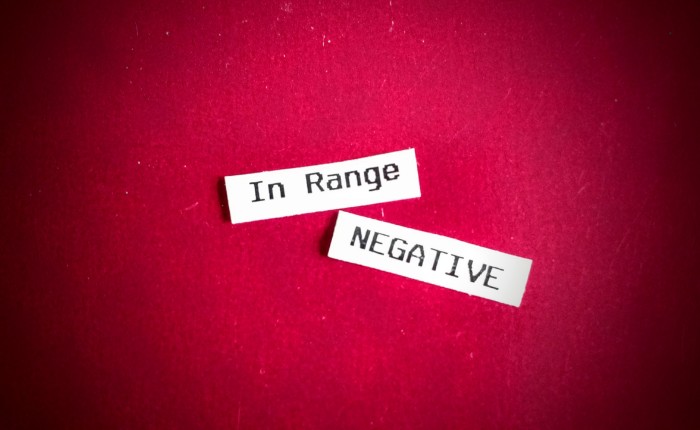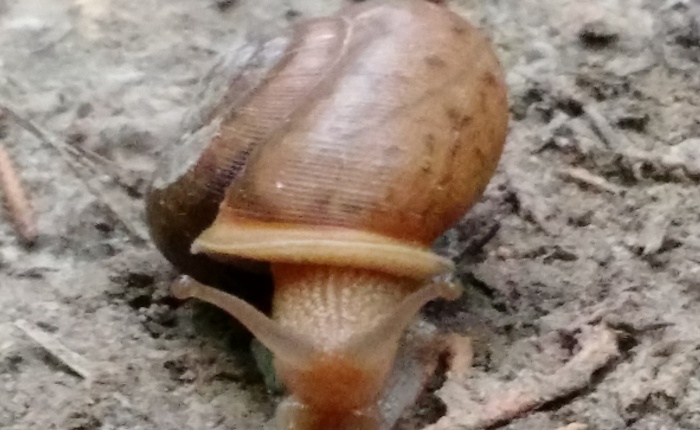Sometimes we stop writing blog posts. We stop answering calls or text messages. We don’t go outside. We avoid social media. Sometimes, we avoid social. So many things we wish you knew about our disease; the faltering of our mental health is not low on that long list.
Sometimes, Lyme makes us sad. It pulls, and paws, and drags us under until we are so disoriented by the darkness, we just stop moving and welcome the rest.
Depression is not a powerful force; not a fierce warrior. It is not strategic and doesn’t attack. It is, instead, a slow sluggish thing. A blob that slithers and slips and lumbers onto our backs when we aren’t looking. It’s only super power? Sheer weight.
The heaviness presses until tears fall and angry, fearful, frustrated words squeeze out. We want to, but cannot contain them. The burden is too much. We cry, talk to ourselves, our God, friends who know. We are prickly, easily irritated in ways we don’t understand. Thoughts, that should maybe remain private, tumble out like pebbles before an avalanche. But the crumbling of the load, the torrent we were expecting, that may have let in some light and air, doesn’t happen. The last of the tears and the words skid to a feckless stop at rock bottom, but the weight remains and pins us to the precipice, trapping everything inside. This sad parasite has cut off our emotion. No more crying. No more words. The relentless pressure smothers all sensation.
That’s when we go away; when we welcome the dark cloak our unwanted passenger has thrown over us. We’re too tired to look for anymore light.
Lyme disease causes depression. Like so much about Lyme, the mechanism is not clear.
Is it the bugs themselves? The little corkscrews twisting into our brains, throwing us off balance, making us see things that aren’t there, and forget things that are? Is it because they are making warm little nests in our heads that shove aside rational thought, knowledge of recent events, the way home from work? They pervert our perspective. Along with their infectious co-infectors, they take over, invading the limbic system wreaking havoc with our feelings and ability to remember. They hijack the pre-frontal cortex until we cannot make decisions, plans, or follow a recipe; until our personality is unrecognizable. They both dull and heighten our senses and do whichever, whenever they please. Captivity can lead to depression and hopelessness. And we are prisoners, no exit left unguarded by those that have conquered our domain.
Maybe the depression comes from loss. We have lost jobs, mobility, cognition, money, goals, and marriages. We keep looking but cannot find our old selves, and we miss them. In the beginning, we were buoyed by our stubbornness – – back when we had no idea what we were really in for. We thought it a matter of determination, that we could will ourselves better, climb into the ring and go as many rounds as needed to beat this disease to a bloody, lifeless pulp. We frustrated loved ones who wanted to help because we continued to insist we could do it ourselves. But now that slovenly despicable weight of gloom wears us down and we give in, and sometimes, on and off, we give up. Some of us once dreamed of hiking the Appalachian Trail, or traveling the world. Some of us just wanted to go to work everyday and take care of our kids, garden, pets. But most of us have had to come to terms with new limitations. We’ve had to lower the bar. Once the worst of the pain subsides, and some of the fog clears from our brains, we can mostly, despite all that’s missing, find contentment but not always. Losing can cause depression and hopelessness, and we have lost much.
Maybe the depression comes from so many unbelievers. They are the majority – – some are physicians, some researchers, nurses, family, friends. They speak to us with condescension, even if they don’t mean to. Imagine losing the ability to walk, being struck with a sudden dementia, having seizures, falling, hallucinating. Imagine a sudden debility or a debility that creeps up slowly so that you don’t know how much you’re about to lose until it’s too late. Imagine having lab tests that prove your body full of infectious disease. Imagine being treated for four years, or ten, or twenty and still your tests return positive. Then someone laughs at you, maybe even your doctor, and tells you Lyme disease is not a chronic infection or that it can’t be contracted in Ohio, or California, or Flordia – – or wherever you live that’s not the Northeastern United States. They dismiss the evidence before them because, they say, ten days, or thirty of antibiotics – – if you’re lucky enough to get that much – – will “cure” you. Think about that. Years of treatment doesn’t erase the disease and you can prove it – – can prove it’s thriving inside, but the person in front of you says not to worry because you don’t have it anymore as if their magical unbelief is all it takes to eradicate your affliction. Denial of personal, undeniable truth can make you feel crazy. It can lead to depression and hopelessness. We have been denied.
Maybe it’s all the pretending. The pretending is so draining. Maybe that’s what makes us depressed. It’s been a few years that we’ve been sick now, and it seems there’s a time limit for lifelong illness that is, surprisingly, not the end of life. We’ve been making excuses well past the time allotted us by the healthy people. It might be different if we were in wheelchairs, or our hair had all fallen out, or our skin were covered in boils and we were clawing ourselves raw with shards of pottery trying to find relief, but most of us look okay. Inside we tremble with fatigue, our hearts are skipping beats, our brains are working overtime to think of the simplest words. When we feel like there’s not enough air, don’t worry, we’ll turn around so you can’t see us gasp. When our joints throb and our skin hurts and our bones ache and our muscles spasm – – it’s alright – – we’ll make sure you don’t know. We’ll keep our anxiety and depression to ourselves and if we can’t, we’ll find a reason to stay away until we can put our “good” face back on. Pretending is exhausting and can lead to depression and hopelessness. We are pretenders, afraid to be “that person” – – the one who’s always sick, who doesn’t feel well, who can’t go, who can’t stay.
We don’t want to be sad. We don’t like being depressed but sometimes, Lyme feels like this.


